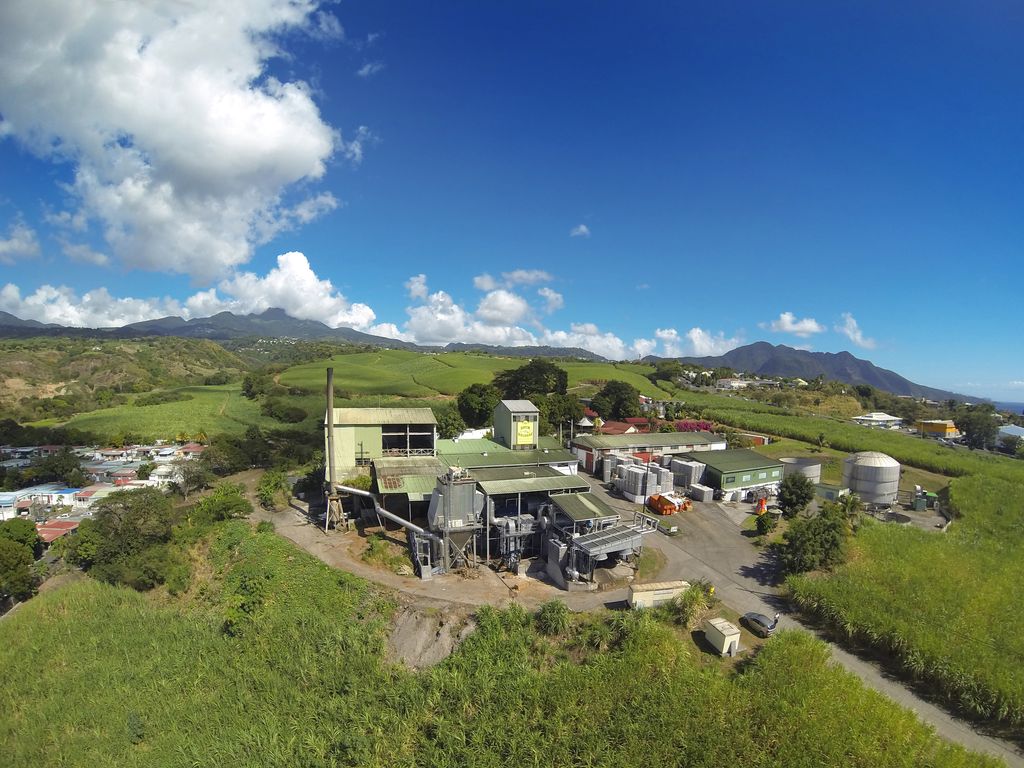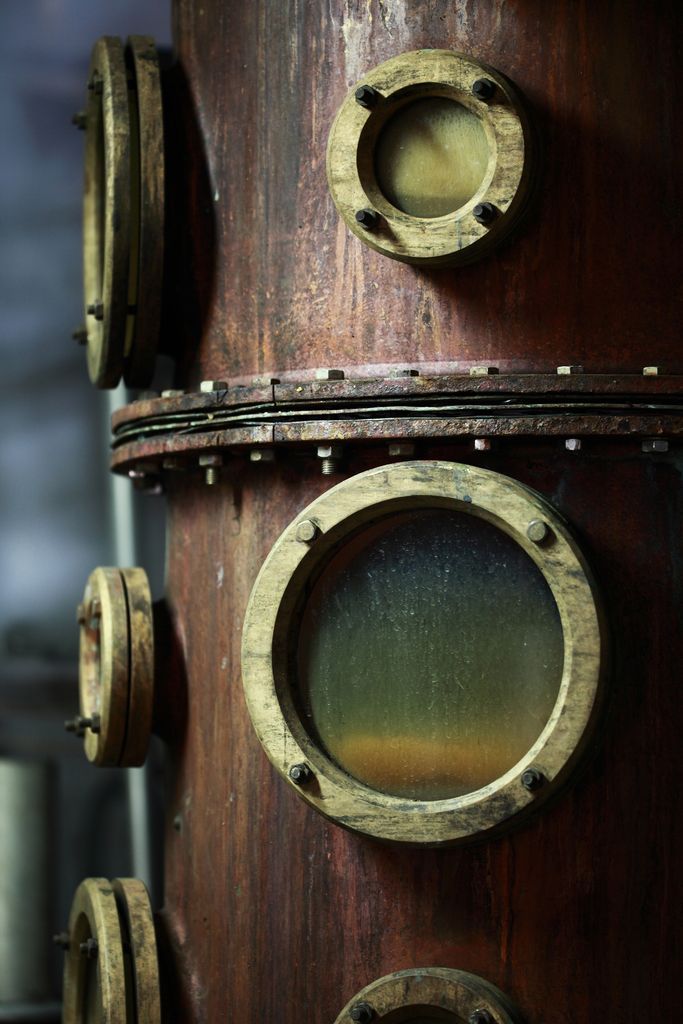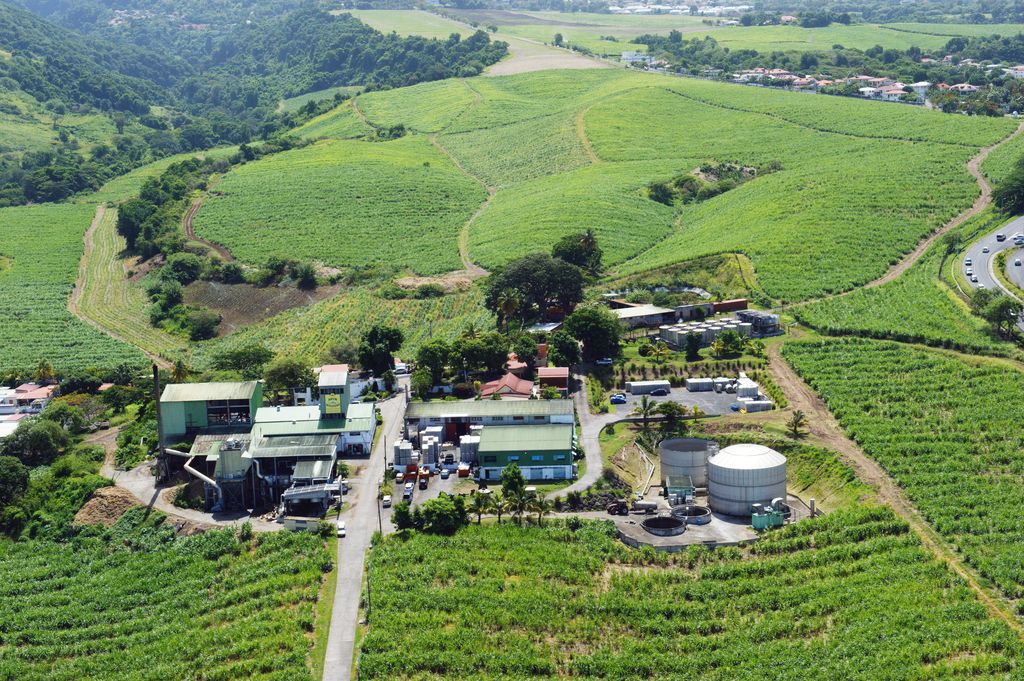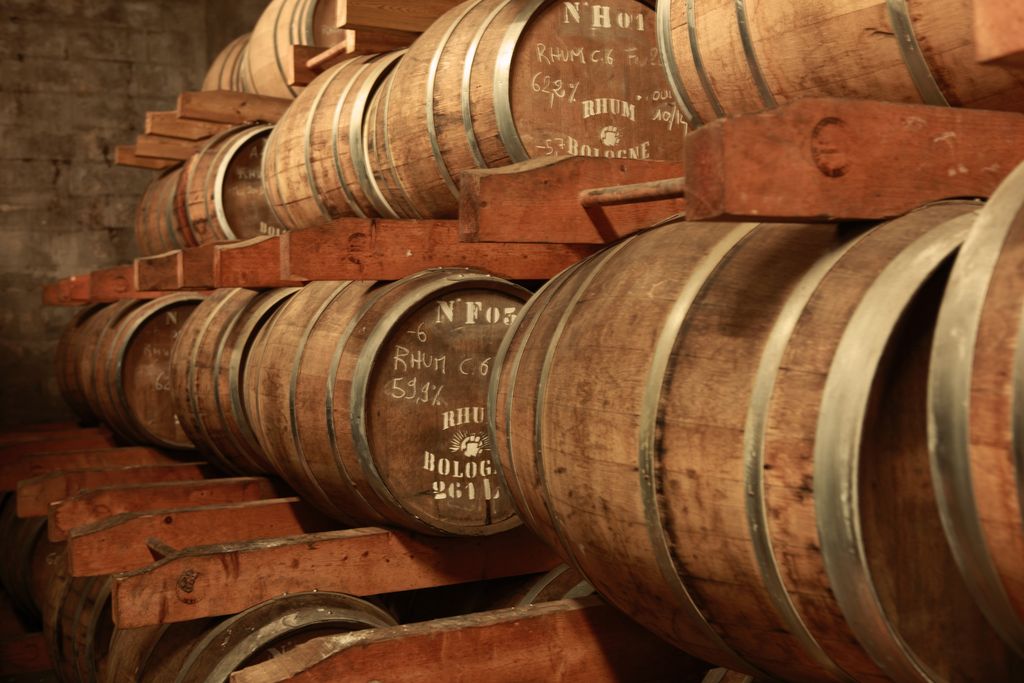
Guadeloupe rums have never been so dynamic! The butterfly island is moving, innovating. We realize, at trade fairs in particular, that its distilleries are offering us more and more different things. With plot rums, single-variety rums, cask strength rums , column strength rums, and other projects that you will discover in this interview, Bologne is part of this most exciting movement. So let's give the floor to Lydia Loimon , product manager of Bologne rums:
The range has expanded considerably in recent years. Are these special vintages primarily intended for the continent? Or is the revival of old rums and “premium” whites also being felt in Guadeloupe?
We now have a wider range and we are still working on diversifying it with great enthusiasm. For all our new products, we have distribution at the local level but also at the metropolitan level and even internationally. There is a craze for so-called tasting rums both in Guadeloupe and elsewhere, a desire to explore the unknown and an appetite for quality products.
How would you define the identity of Bologna rums?
Bologne rums are above all the expression of a terroir (the unique alliance of Soufrière and the Caribbean Sea), and of an exceptional variety of cane: black cane , a variety of cane at the origin of the quintessence of our products with these very atypical aromas.
Bologna is a family business with a team of passionate men and women, agitators of ideas, who are keen to pass on the know-how that we have acquired.
The next releases expected in France are La Coulisse batch 2 and the two new Confidentiels. Can you tell us about these new releases?
La Coulisse, in the lineage of Black Cane , is a single-variety rum that allows us, once again, to discover black cane in all its authenticity. For the 2017 harvest, the climate was relatively mild, differentiating it from batch 1 while keeping the characteristic notes of black cane.
This latest batch is marked by notes of peppermint, and especially lemon balm. With a beautiful mentholated freshness, it is fat and round. The rather high degree and the very slow reduction of this eponymous rum, reveals a rum rich in finesse and elegance.
You are probably following the Confidentiels saga. This small batch is a selection work of our cellar master , who, each year, selects the best barrels that lie dormant in our cellar. He offers us a bottling of a hundred numbered bottles with cask strengths in particular.
For the 2009 edition, they are available in two versions, an Hors d'âge and a Single cask . The Hors d'âge is a blend of a selection of two ex-cognac casks from 2009 and 2010, produced in 400 copies, and the Single cask, a 2009 vintage with 350 copies. On the nose, the latter is distinguished by its beautiful power, a woodiness slightly tending towards lactones, also very fruity; we glimpse plum then prune. On the palate, we find this sweet spice side that will seduce the palate of lovers of the old rums in our range.
What are the specific features of the La Coulisse plot?
We manage our estate on a plot-by-plot basis , and each plot has its own history and microclimate, making it unique.
This plot is one of the oldest plots that belonged to the Bologne estate that Louis Sargenton Callard was keen to reconstitute in 1930. Extending over more than four hectares, this rather atypical name is in fact inspired by the very ingenuity of the place.
An old sugar factory was located on this historic dwelling and the "toboggan" or "slide" allowed the canes to be transported from the plot to the mill. It is located in a valley, with the wind flying over the canes and a river below which gives freshness to this part of the estate. The cane harvested on this plot reveals iodized aromas and very interesting to taste.
Can you tell us about the black cane, which has become an emblem of the distillery? Where does this variety of cane come from?
Black cane is part of the DNA of our rums. It is even the soul of our distillery . It is found in all our vintages in different proportions. Abandoned by distillers because of its low agricultural yield, it offers a powerful and exceptional aromatic palette when combined with our volcanic terroir.
In Bologna we have preserved this variety and for some years now we have been offering single-variety vintages which allow us to express its full aromatic potential.
The Distillate is made from red and black canes, what is the expected profile for each species?
Distilled at 75.5° in the distillery's iconic Creole copper column (Savalle type), this first brut de colonne is the very expression of the genesis of Bologne rums. We distill on average at 75°. The principle of a brut de colonne is not to rework it so that it can translate the aromatic palette of our range as faithfully as possible. The maturation is very slow with brewing carried out by our cellar master for more than a year (18 months), giving a certain roundness to this eau-de-vie.
Made from the juice of black and red canes fermented in the same vat, it faithfully transcribes the expression of the vesou characteristic of our terroir. Complex and gourmet, it offers us an explosion of aromas with a beautiful sweetness, roundness and of course length. The nose is elegant and refined. The tasting reveals notes of vesou, fresh canes with a finish marked by citrus fruits (lime).
The Grande Savanne plot is undergoing organic conversion. How does such certification work? What are your constraints?
Since 2010, we have been able to produce renewable energy by recovering our manufacturing waste. We are firmly committed to an eco-virtuous cycle, by practicing sustainable agriculture .
To preserve biodiversity and promote the development of bees, no insecticides are used on our estate and we favor integrated pest management.
For example, to combat the larvae of the BORER butterfly that feed by digging galleries in the young sugar cane shoots, blocking their proper growth, we have planted pigeon peas in our fields, also called "wood peas" in Guadeloupe . This shrub is the natural habitat of a small insect from the wasp family that attacks the larvae of the BORER, and in addition these peas are delicious and are part of the traditional ingredients of West Indian cuisine.
“This year we should obtain this famous label, a first for a distillery in Guadeloupe”
The bees provide a succulent honey harvested by a beekeeping partner who has placed hives on our agricultural estate. The healthy development of these hives is for us an excellent indicator of the good health of biodiversity.
As far as herbicides are concerned, our objective is to significantly reduce their use by favouring the use of mechanical or innovative methods... and our teams are not lacking in inventiveness.
We now want to go further and we have selected a 7ha plot that is in organic conversion . At Grande Savane, our teams have had to be extra inventive. In particular, we have reduced grass cover using service plants that hide weeds and enrich the soil. Through this laboratory plot, we want to develop even more eco-responsible agricultural practices that can subsequently be extended to the entire estate.
It takes a total of three years to obtain this label from a certification body and we should obtain this famous label this year. A first for a distillery in Guadeloupe !
Going organic to meet the trend is not in our logic. The canes from this plot are very promising so we could definitely think about developing an organic agricultural rum from Grande Savane.
Will other plots follow?
Our estate covers more than 150 hectares. The agricultural teams in charge of operating the Estate work closely with our cellar master and they may well have several ideas in mind….
What are the advantages of a semi-buried cellar?
The semi-buried cellar allows us to maintain a constant temperature and humidity, perfectly in line with the so-called "tropical" aging method. The temperature of our beautiful island of Guadeloupe allows a faster exchange between the rum and the wood of the oak barrels . Specialists say that one year of aging in a tropical environment is worth at least 2 years in a temperate environment. The counterpart is that the angels' share (natural evaporation during aging) is three times greater in our tropical climates.
Most of the aging is done in ex-cognac casks, but I think you are tending towards more new casks. Can you tell us about these casks, their specific toasting?
The guiding principle of our range of aged rums is ageing in French oak barrels , which have in fact previously contained cognac . This allows us to develop a range of aged rums with subtle, delicate tannins and aromas of great complexity. Our cellar master, Frédéric David, regularly researches different types of barrels but he jealously guards his little secrets.
Bologna has been awarded the Living Heritage Company label, can you tell us about this distinction?
The Entreprise du patrimoine vivant (EPV) label obtained in 2018, rewards the excellence and work carried out by our entire team of enthusiasts; women and men attached to their company and true agitators of ideas! It is a state label that distinguishes French companies with rare artisanal and industrial know-how , combining tradition and innovation .
Awarded for a period of five years, this label brings together manufacturers committed to the high performance of their profession and their products.
The procedure for awarding the EPV label, governed by regulatory texts, is carried out by experts. The assessment of these criteria is entrusted to an independent national commission made up of professionals. This distinction is a recognition of the know-how of our distillery and the quality of our rums .
The distillery received the environmental trophy from the General Council of Guadeloupe. What actions led to this award?
The installation of our methanizer, which allows us to treat vinasse and produce biogas , led to obtaining this distinction. Today, 100% of our waste is recycled to produce energy. This eco-responsible aspect is part of our strong commitments and we will continue our efforts in this area in the years to come.
Thank you Lydia for this exchange. We are eager to discover in more detail the terroir of your domain thanks to a future organic rum!
Interview by Nico from Rhum Attitude
Photo credits: Rhum Bologne





I didn't know Bologna was so innovative. Very interesting article.